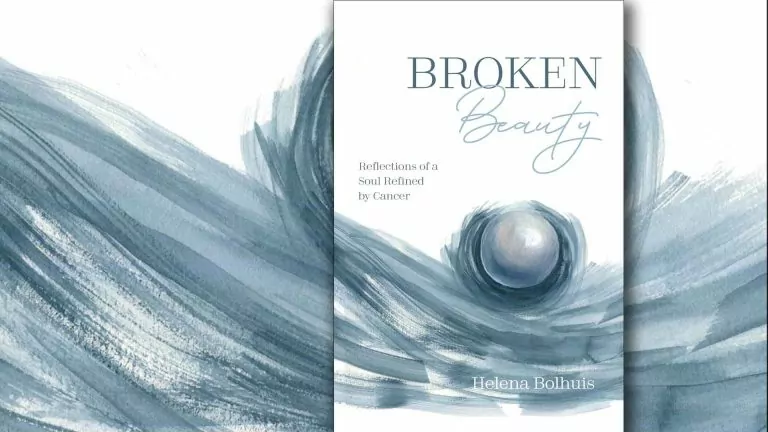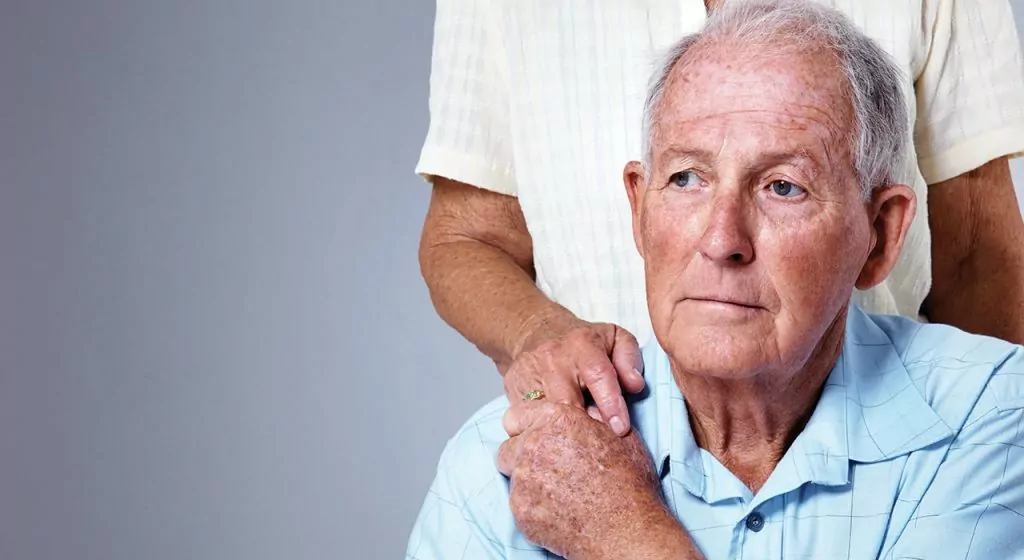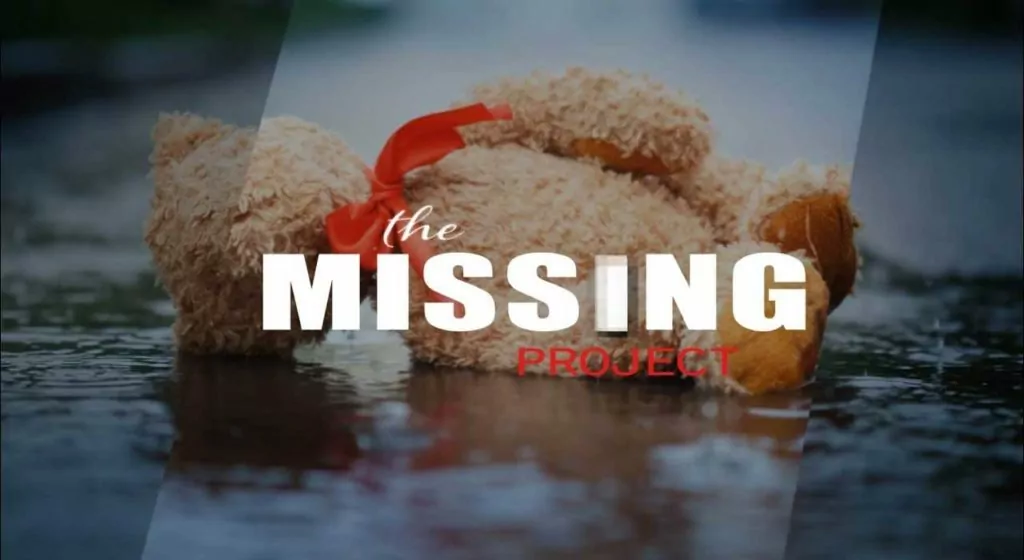by Helena Bolhuis
252 pages / 2020
It’s kind of exciting when someone you are personally acquainted with publishes a book. It’s a bit of a thrill to hold the book in your hands, read their name on the cover, breathe in the new book smell, and anticipate sitting down with a cup of tea to crack it open and begin to read. I certainly felt this way when I purchased Broken Beauty – Reflections of a Soul Refined by Cancer, written by Helena Bolhuis. I don’t know Helena well, but having sat under her teaching on a couple of occasions – there experiencing her warmth, wisdom, and openness and seeing in her a sincere love for the Lord – I was definitely looking forward to reading her book. Attending her book launch at the local Free Reformed bookstore only heightened my eagerness, for that morning we got a glimpse into the beautiful and emotional journey this book would take us on.
Yet – dare I admit this? – I also felt a little bit of wariness, maybe even skepticism about the book, and at first I could not put my finger on why I felt this way. But on reflection, I realized what was making me uneasy: how could a book detailing someone’s personal experience not be a bit self-glorifying? How could the author, in human weakness, write about themselves without it being… all about them? Would God be given His proper place in this story?
And now, having read the book, I can answer that last question with a resounding “Yes!” Broken Beauty is, indeed, not a book about the author, but about the faithful God and loving Father who carried and led her through her cancer journey. From the dedication on the very first page – “for You, Father, for Your glory” – to the thanks at the end of the book, and everywhere in between, God is given the glory. Again and again, Helena points us to the Lord who supplied her every need in a time of sickness. The reader is left with a renewed sense of awe for the Great Physician, the God who refines us and draws us to himself through times of trial and weakness. The Father who carries us on eagle’s wings is the loving Author of this author’s story.
The book is organized in three main sections:
- the journey
- the provisions
- and the destination
“The Journey” tells Helena’s cancer story as it unfolded in her life, describing doctor’s visits, waiting for and receiving test results, and the various treatments she had to undergo. And throughout this section of facts and details, Helena weaves the story of her inner struggle – emotional and spiritual – as she faced the very real possibility of her own death.
In the second section, “The Provisions,” Helena speaks about how God provided for her in so many ways along her cancer journey, and she draws a parallel here to how God provided for the Israelites as they journeyed through the wilderness. He provided for her relationally through the people in her life, and mentally through prayer, meditation, music, and books. God also supplied what she needed emotionally, physically, and spiritually in tangible ways. It was beautiful to read how every need was met by the loving hand of our Father.
“The Destination” describes the emotional and spiritual process of adjusting to life post-cancer, navigating life outside the close “cocoon” of God’s shelter and love that Helena experienced during her illness and recovery, and then having to move forward. The cancer journey was at an end, but regular daily life continues on towards the final destination – eternal glory!
Written with warmth, raw honesty, and so much hope, Broken Beauty gives the reader a close glimpse into a heart-rending yet beautiful time of suffering and sickness. Saturated with references to God’s Word and the comfort that Helena received from it, this book will be a real encouragement to anyone going through a period of trial or illness. It would also be useful to read when walking alongside a friend or relative experiencing a tough time, for throughout the book there is helpful advice and practical wisdom on how to be there for someone who is suffering. In this world broken by sin, we will all encounter suffering during our lives, whether our own or that of someone we love, and Helena’s book shines a bright light on how God turns our suffering into something beautiful, to His glory. I highly recommend it!
“Now I understood that life is all about God’s glory in my story and my delight in Him through that story. Now I understood that through His glory, my joy is made complete.” (p.239)
Broken Beauty is available at Amazon, including as an audiobook read by the author.
A version of this review will also appear in Una Sancta.















